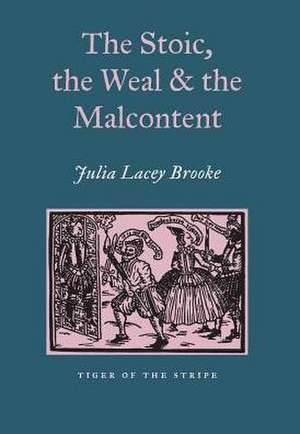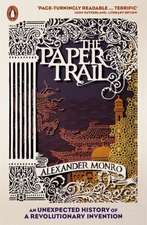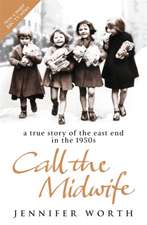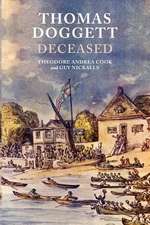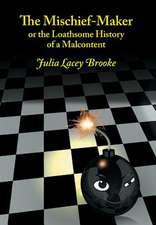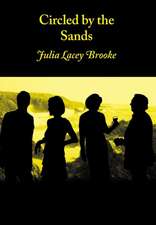The Stoic, the Weal and the Malcontent
Autor Julia Lacey Brookeen Limba Engleză Hardback – 13 aug 2013
Preț: 265.43 lei
Nou
Puncte Express: 398
Preț estimativ în valută:
50.81€ • 55.21$ • 42.70£
50.81€ • 55.21$ • 42.70£
Carte tipărită la comandă
Livrare economică 21 aprilie-05 mai
Preluare comenzi: 021 569.72.76
Specificații
ISBN-13: 9781904799597
ISBN-10: 1904799590
Pagini: 264
Dimensiuni: 156 x 234 x 19 mm
Greutate: 0.57 kg
Ediția:13000
Editura: Tiger of the Stripe
ISBN-10: 1904799590
Pagini: 264
Dimensiuni: 156 x 234 x 19 mm
Greutate: 0.57 kg
Ediția:13000
Editura: Tiger of the Stripe
Notă biografică
Julia Lacey Brooke read English Literature and Renaissance History at the University of East Anglia, later taking an MLitt at the University of Birmingham's Shakespeare Institute in Stratford-upon-Avon. Now based in rural Tuscany, she is a freelance editor, teacher and lecturer, and writes satirical fiction.
Cuprins
Acknowledgements ix; Foreword xi; Introduction: What is a Malcontent? 1; PART ONE: THE MALCONTENT ON THE STAGE 17; Chapter One: The Vice, the Fool and the Melancholy Man 19; Chapter Two: Malcontents Born, Made and Played 38; Chapter Three: The Roles and the Models: the Malcontent as Social Phenomenon 64; PART TWO: THE MALCONTENTED STAGE 107; Chapter Four: Controversy Concerning the Theatre 109; Chapter Five: The Weal within the Wheel 131; Chapter Six: The Stoic and the Humanist Revision 166; Chapter Seven: Endings: Considering King Lear 207; Bibliography 229; Index 239
